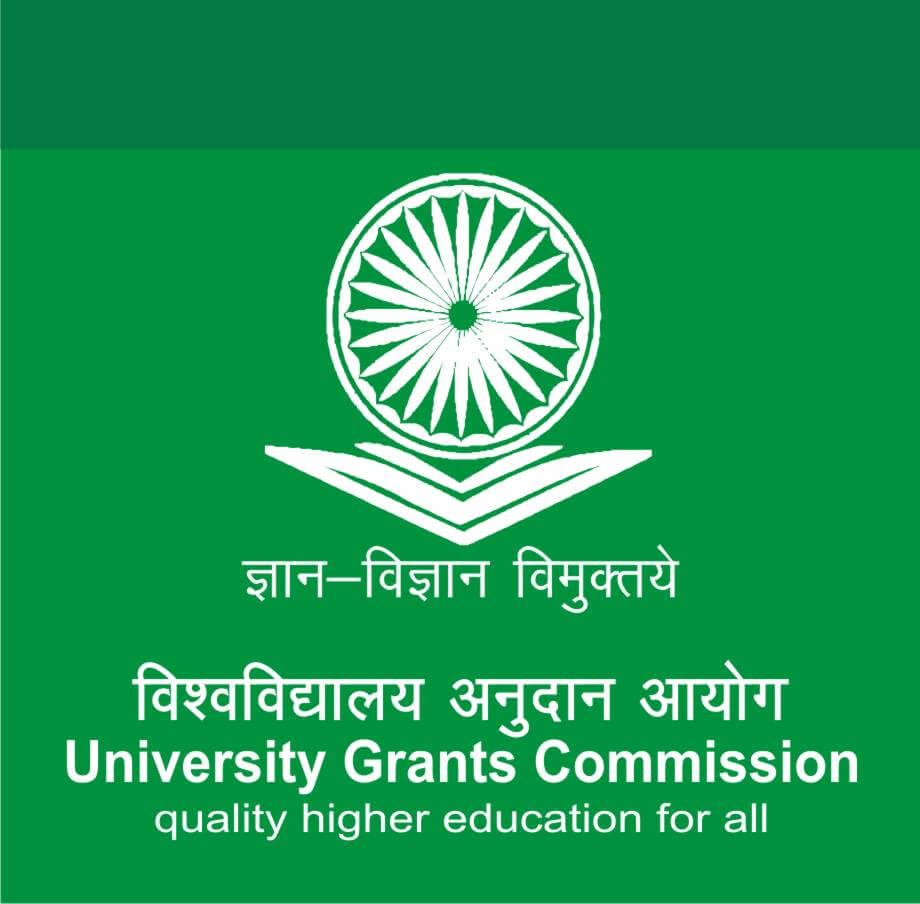INTERNATIONAL JOURNAL OF CREATIVE RESEARCH THOUGHTS - IJCRT (IJCRT.ORG)
International Peer Reviewed & Refereed Journals, Open Access Journal
IJCRT Peer-Reviewed (Refereed) Journal as Per New UGC Rules.
ISSN Approved Journal No: 2320-2882 | Impact factor: 7.97 | ESTD Year: 2013
Call For Paper - Volume 13 | Issue 11 | Month- November 2025
Scholarly open access journals, Peer-reviewed, and Refereed Journals, Impact factor 7.97 (Calculate by google scholar and Semantic Scholar | AI-Powered Research Tool) , Multidisciplinary, Monthly, Indexing in all major database & Metadata, Citation Generator, Digital Object Identifier(CrossRef DOI)
Contact Us Click Here
WhatsApp Contact Click Here
Published Paper Details:
Paper Title
Right to Speedy and Fair Trial: A Fundamental Pillar of Justice
Authors
Mayank, Miss Parul
Keywords
Speedy Trial Fair Trial Article 21 Judicial Backlog Access to Justice Rule of Law Hussainara Khatoon Case Due Process Judicial Reforms Legal Delays Human Rights E-Courts Alternative Dispute Resolution (ADR) Criminal Justice System International Covenant on Civil and Political Rights (ICCPR)
Abstract
This places a great burden on the right to a speedy and fair trial -- a fundamental human right, which is vital to the rule of law and access to justice. It is enshrined in, among others, Article 21 of the Constitution of India, the Universal Declaration of Human Rights (UDHR), and the International Covenant on Civil and Political Rights (ICCPR) through different national and international legal orders. As the process of the trial is delayed, it becomes justice delayed for them, which leads to a distrust among the public also on the legal system.
Getting to trial quickly means that an accused person does not endure a lengthy detention, unnecessary harassment, or disproportionate financial and emotional strains. It also avoids witnesses forgetting facts, provides timely justice to victims and improves overall efficiency in the judicial process. Just as the right to a fair trial ensures impartiality before the law, representation by a qualified attorney, proper cross-examination of evidence, and due process -- all rights of the accused and the victims.
Constitutional rights to a speedy and fair trial are regularly reaffirmed by the courts, but that hasn't solved India's long-standing problem of massive judicial backlogs, inefficient investigations and arcane procedural rules. A multitude of reasons including overworked courts, the shortage of judges, slow investigatory processes and use of legal provisions to indefinitely adjourn hearings, which lead to delayed trials, and ultimately, are alchemy to justice denial.
This article analyzes the constitutional provisions, judgments, and challenges in this direction. It discusses important case laws including Hussainara Khatoon v. State of Bihar (1979), Abdul Rehman Antulay v. R.S. Nayak (1992), and Raj Deo Sharma v. State of Bihar (1998), which give shape to the jurisprudence concerning the aforementioned right.
Moreover, the paper investigates what sort of reforms need to be developed to overcome current challenges namely court infrastructure development, technology e-courts, ADR, stricter time deadlines for procedure and legal awareness.
To sum up, though the right to speedy and fair trial is specially enshrined in the constitution and also in International Treaties and other documents yet, it has not been translated into practice simply due to the very nature of the legal business. Combating these issues will take many forms, such as reforms at the judicial level, policy changes and active stakeholder engagement in the justice system. Bold ensuring the timely and impartial administration of justice is essential for maintaining public trust in the judiciary, protecting human rights, and upholding the principles of democracy and the rule of law.
IJCRT's Publication Details
Unique Identification Number - IJCRT2504164
Paper ID - 281474
Page Number(s) - b348-b354
Pubished in - Volume 13 | Issue 4 | April 2025
DOI (Digital Object Identifier) -
Publisher Name - IJCRT | www.ijcrt.org | ISSN : 2320-2882
E-ISSN Number - 2320-2882
Cite this article
Mayank, Miss Parul, "Right to Speedy and Fair Trial: A Fundamental Pillar of Justice", International Journal of Creative Research Thoughts (IJCRT), ISSN:2320-2882, Volume.13, Issue 4, pp.b348-b354, April 2025, Available at :http://www.ijcrt.org/papers/IJCRT2504164.pdf
Article Preview
Indexing Partners
Call For Paper November 2025
Call For Papers
November 2025
Volume 13 | Issue 11
Last Date :
30-Nov-2025
Submit Manuscript Online Impact Factor: 7.97 Review Results : Within 02-03 Days Paper Publication : Within 02-03 Days
November 2025
Volume 13 | Issue 11
Last Date :
30-Nov-2025
Submit Manuscript Online Impact Factor: 7.97 Review Results : Within 02-03 Days Paper Publication : Within 02-03 Days
Published Issue Details
For Authors
Forms / Downloads
Other IMP Links
Indexing Partner
Research Area
LICENSE
ISSN and 7.97 Impact Factor Details

ISSN: 2320-2882 Impact Factor: 7.97 and ISSN APPROVED Journal Starting Year (ESTD) : 2013
ISSN and 7.97 Impact Factor Details

ISSN: 2320-2882 Impact Factor: 7.97 and ISSN APPROVED Journal Starting Year (ESTD) : 2013
DOI Details
CONFERENCE
CONFERENCE MANAGMENT & PUBLICATION CONFERENCE PROPOSAL
RECENT CONFERENCE

CONFERENCE PROPOSAL CONFERENCE PROCEEDINGS

CONFERENCE PROPOSAL CONFERENCE PROCEEDINGS
For Reviewer /Referral (RMS) Earn 500 per paper
Important Links
NEWS & Conference
Digital Library
IJCRT RMS | Earn 500 Per Paper.
LICENSE
Indexing Partner






































































